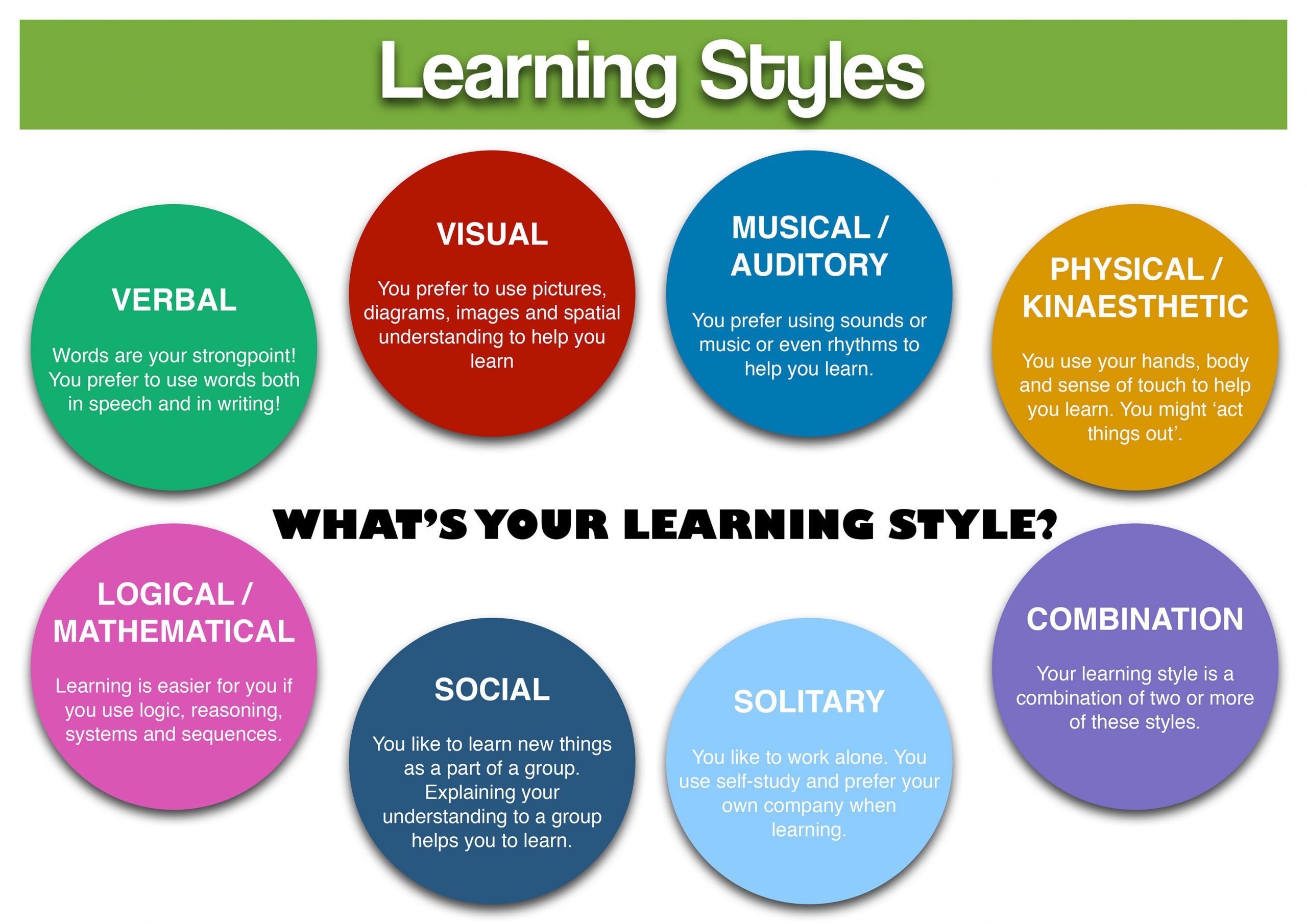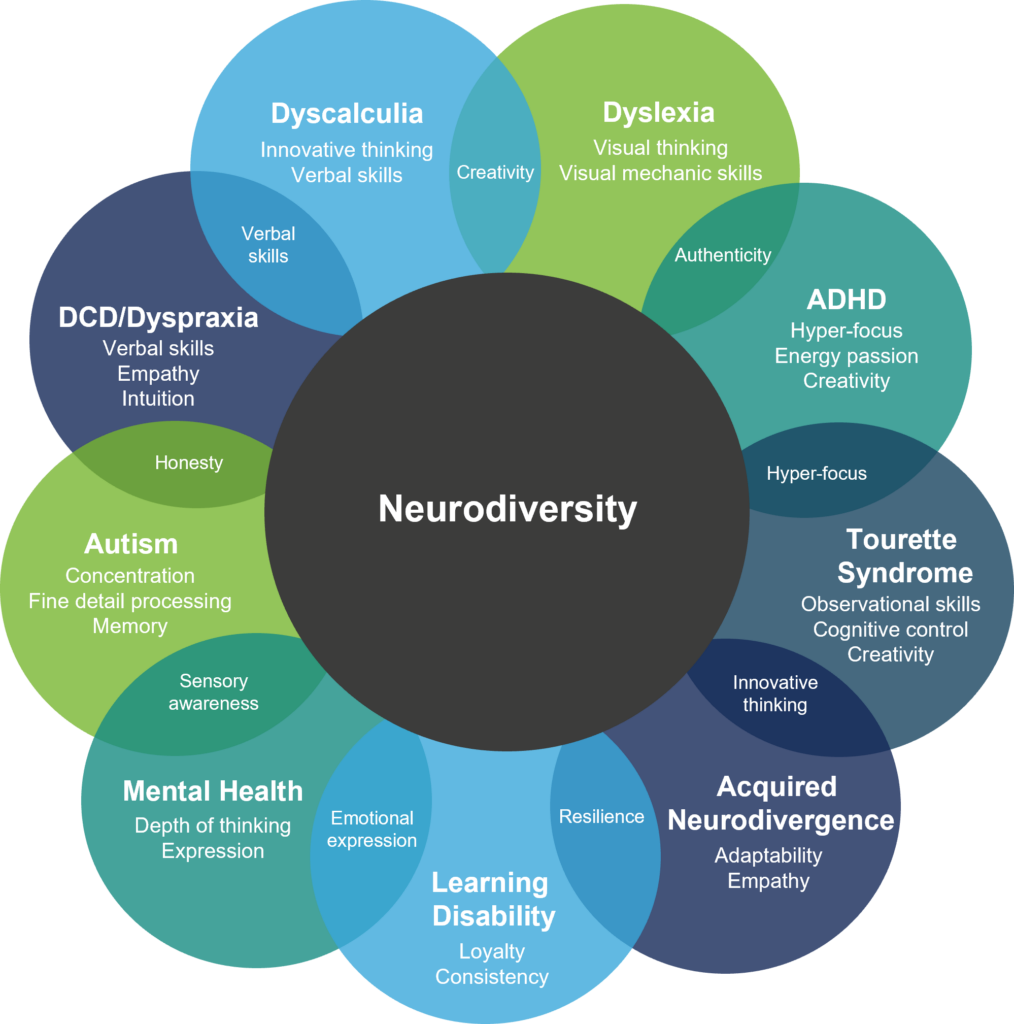
In the highly competitive education system of Singapore, learning the most efficient way to study is a challenging feat. Learning how to study smart instead of just studying hard not only saves time but teaches you to be efficient when working, a skill that will benefit students not only in the education system but in the workforce ahead.
These skills are no easy feat for the neurotypical student but may present added difficulty for a student already struggling with neurodivergence.
If you or someone you know is struggling with juggling studying and coping with neurodivergence, we hope that this article can provide some insight into handling your academic tasks better.
Still unsure about the definitions of some of the keywords used here? Not to worry! Here are some of the meanings of the words you may not have encountered before.
Neurodivergent: differing in mental or neurological function from what is considered typical or normal (frequently used with reference to autistic spectrum disorders); not neurotypical
Neurotypical: not displaying or characterized by autistic or other neurologically atypical patterns of thought or behaviour
Do note that this article and the tips disclosed are not a substitute for the appropriate professional care. The author of this article is not a medical professional, but much research has gone into preparing some of the best tips for you.
One of the first few things that will be helpful for you is to figure out what type of learner you are. For example, what type of method works best for you when it comes to absorbing and retaining information.

For students who are visual learners, taking notes the traditional way and including images and graphs in your notes can be very helpful.
For the auditory learner, consider asking your teacher if it is possible to record the lectures, and when you are studying, play back the recording to supplement your note-taking.
These are simply two of the many different learning styles available to you, and it is important to try as many as you can to figure out what works best for you.
When you do find the method that is best for you, you might find that retaining information is less taxing on you, and you can achieve more in your allotted study time, boosting your productivity and self-confidence.
If you find that your condition is still hindering your ability to focus or cope with your learning environment, you might want to consider obtaining an official medical diagnosis.
Information from your healthcare provider can direct you and your family to avenues for more support both in school and at home.

Your healthcare provider might provide you with tips to cope that are more tailored to your individual needs and support level, and help you convey what you need best to your caregivers and educators.
With an official diagnosis, it will be easier to apply for things like extra time during exams, should you struggle with word processing, or quiet rooms for self-study during exam periods, should you be working with sensory processing issues.
It is important not to feel ashamed about disclosing your condition, or any requirements that come along with your diagnosis, as a compromise on both ends is needed for student and teacher to work together efficiently!
If you are still left wanting a few more tips to make your educational journey a smoother one, here are some tips reported by neurodivergent students and people in the workforce!
Personalized Learning Environment:
Create a study space that caters to individual sensory preferences. For neurodivergent individuals, having a quiet, low-stimulation area with comfortable seating and personalized decorations that promote focus might be beneficial.
For those who struggle with sensory processing, environments that have a lot of noise, or overstimulating decoration can cause a lot of mental strain, making it harder to absorb information while studying.
When at school, consider studying in the library as opposed to the classroom or canteen, and the environment there can be much quieter. At home, designate a space for quiet time, be it a desk in your room, or a quiet space away from the rest of the family, so you and your family can go about your day without causing interruptions to one another.
Structured Routine and Schedules:
Establish a consistent study routine with clear schedules. Break down study sessions into manageable chunks, incorporating regular breaks. Consistency helps neurodivergent individuals feel more in control and reduces anxiety associated with unpredictable routines.
If you are studying or working from home, arrange a schedule that works best for you, so you are not overwhelmed by the freedom of choice.
Building a routine also enforces positive habits, reducing the risk of anxiety.
Multisensory Learning Tools:
Embrace a variety of learning materials that engage multiple senses. Utilize visual aids, hands-on activities, and interactive tools to enhance understanding. This approach caters to diverse learning styles and can be particularly effective for neurodivergent individuals who may benefit from different sensory inputs.
Tying into the different learning styles, and using different methods of note-taking can make the information that you need to memorise more palatable and presented in a way that is easier for you to absorb and understand.
Leverage technology and assistive tools to enhance the learning experience. Text-to-speech software, graphic organizers, and interactive learning apps can provide additional support. Tailoring technology to individual needs can make studying more accessible and enjoyable.

Self-Advocacy and Communication:
Encourage open communication about learning preferences and challenges. Neurodivergent individuals should feel empowered to express their needs, whether related to the learning environment, study materials, or communication style with educators. Developing self-advocacy skills fosters a supportive learning environment.
Having open communication about the different needs of students and employees also helps to foster an environment of inclusivity and diversity, something that benefits both neurotypical and neurodivergent people alike.
By incorporating these study tips, neurodivergent individuals can create a personalized and effective approach to learning, capitalizing on their unique strengths and preferences.
If you are still in need of more support, SmileTutor provides tuition for students of all abilities, so do not hesitate to contact us and get ahold of the support you need!
It’s essential to recognize that everyone’s learning journey is different, and adapting study strategies accordingly can lead to a more positive and successful educational experience.
